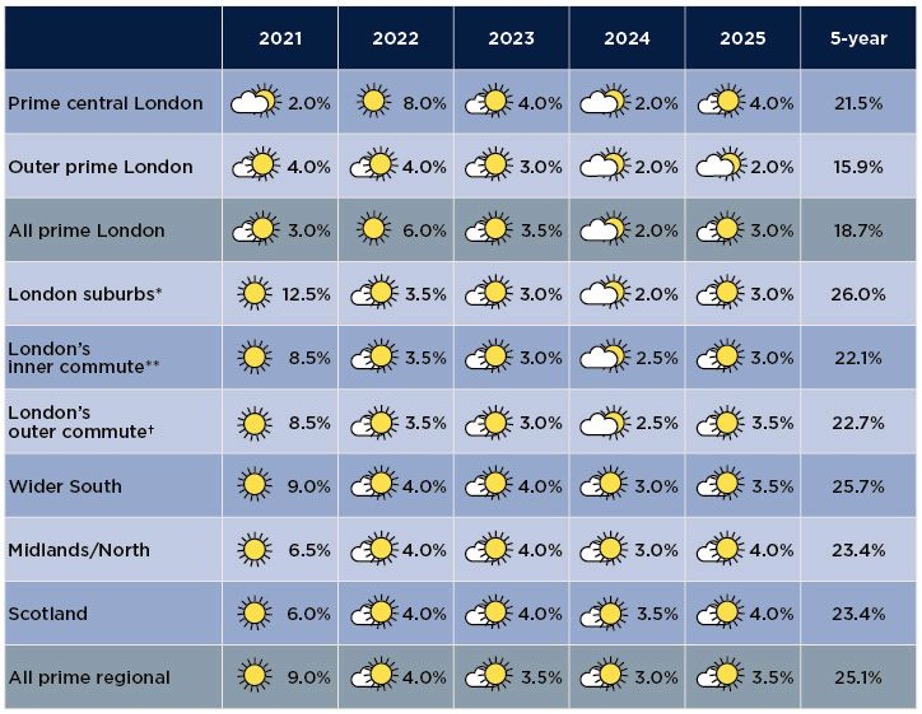Why a DBA Is Necessary for Some Businesses
Where a business wishes to operate under a registered name...
How Talkroute Is Simplifying Day-To-Day Business
According to the United States Census Bureau, in August...
7 Best Registered Agent Services
According to current Census data on business formation,...
5 Steps to Forming a Sole Proprietorship
Statistics regarding the formation of sole proprietorships...
3 Tech Trends That Are Irrevocably Changing The Insurance Sector
The insurance sector is not new to technology integration....
Latest Statistics on Corporate Tax Rates: Top 7 Countries
Meetings conducted by the G20 and the Organization for...
Global Business Trends Entrepreneurs Are Embracing
According to McKinsey & Company, “2021 will be the year...
Prime Residential Property Forecasts – HULT Private Capital and Savills
London – 21 September 2021 – The UK’s housing...
Krishen Iyer and Boosting Email Marketing Conversions Through Testing
Carlsbad, CA-based entrepreneur Krishen Iyer is a thought...
Jason Hope: How IoT Will Change The Education Sector
Every other day we hear about some new emerging technology...










 Bitcoin
Bitcoin  Ethereum
Ethereum  Tether
Tether  XRP
XRP  USDC
USDC  Solana
Solana  TRON
TRON  Lido Staked Ether
Lido Staked Ether  Cardano
Cardano  Avalanche
Avalanche  Toncoin
Toncoin